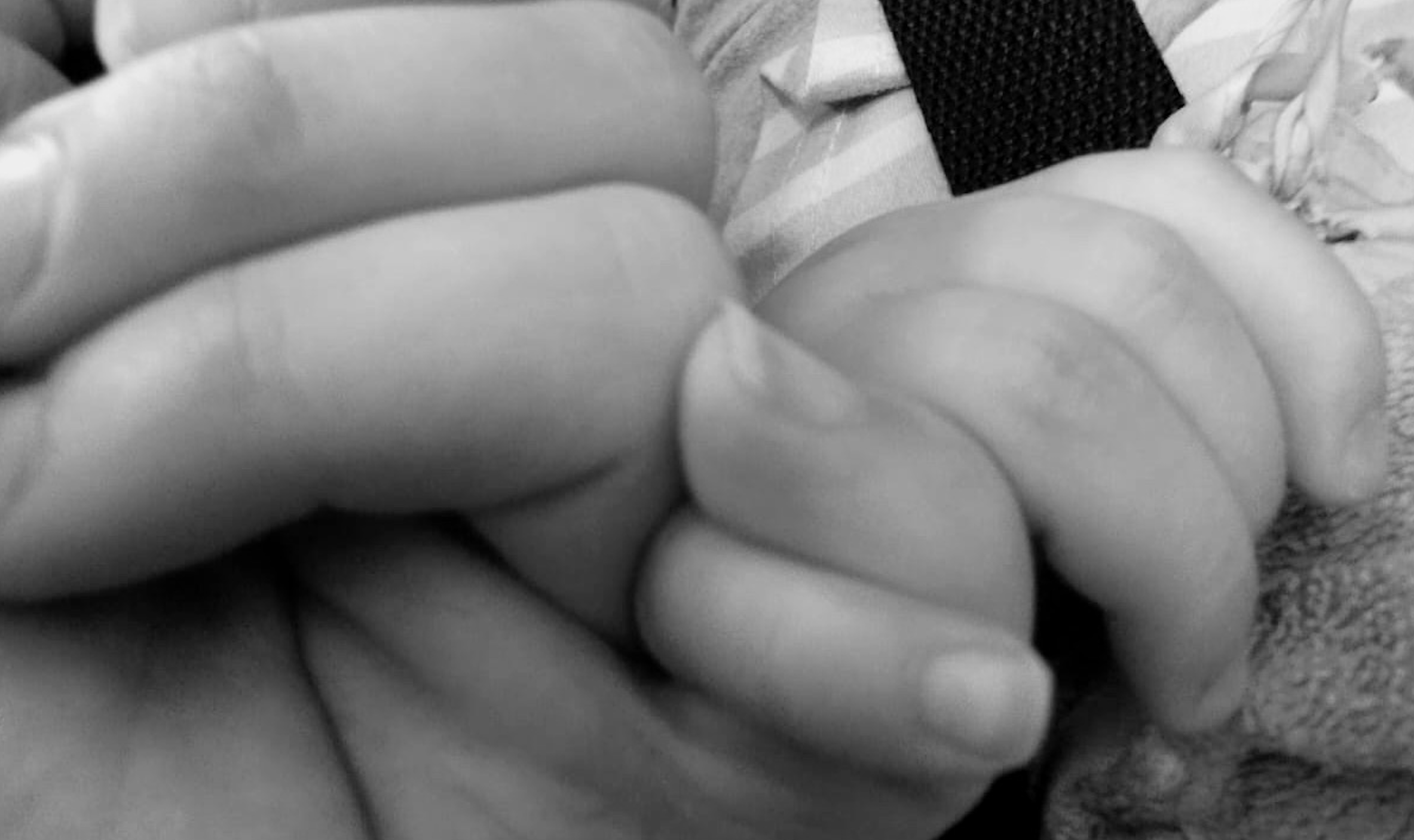18 July 2024

One of the biggest lessons of becoming a parent is to learn how to keep adapting and adjusting your routine to meet your baby’s needs. Except, when you are in prison, virtually nothing is under your control and you’re constantly having to manage the tension between complying with the regime while adapting to meet the needs of your baby.
So I can understand why, when my client messaged me on the way from prison to her specialist residential placement in the community following her successful appeal against sentence a week earlier, she felt like she was bringing a newborn home from hospital all over again.
For the first time in a year, she was in a position to focus completely on being a mum.
In the days since her release she has been sending me pictures and messages of joy and hope at being back out in the community with her baby. Luckily, I was able to put her in touch with the amazing team at the aptly named Hope Street – a residential placement that provides a holistic service for women in and at risk of the criminal justice system. The web site says:
“Hope Street pilots a new approach to working with justice involved women. From within a healing, trauma-informed, residential environment, women and children have access to a range of specialist support. By taking a positive and compassionate approach, we aim to create a blueprint for change that can be replicated across the country and achieve better outcomes for women, their children and society.”
In my own experience, it does exactly that and really does transform lives.
Securing my client a place at Hope St was one of the most important pieces in the jigsaw of her case, even though it barely featured in the grounds of the appeal itself.
Without it, her successful appeal would have been a hollow victory, which would have delayed her early release on tag for lack of suitable accommodation or even risked her being released at her automatic release date homeless.
The law can only do so much – the most important part of my job as a lawyer is to look at the reality of a situation and work backwards from the client’s needs. I learned this in my very first legal job over 20 years ago, working as a researcher and assistant to Edward Fitzgerald KC. Ed taught me to look at the reality, the humanity, of any given situation and question whether or not it feels right and then turn to the law to see what it can do to make it right.
This case was a good example of this approach. Whatever the position could or should’ve been at the point of sentence, by the time the case came across my desk, there was an urgent need to make sure that the criminal justice system did not result in a further separation between mother and child. It had emerged that the hasty arrangements put in place in the community for her baby at the point when she was sent to prison had not worked out. She had been reunited with her baby in prison but places on mother and baby units are strictly limited to the point where the child is 18 months in the first instance, and around the child’s second birthday in more exceptional cases. All the evidence showed that it was in her child’s interests to avoid a further separation. Yet, the length of her sentence meant there was a risk that they would be separated again when he turned two years of age.
My client had put in an application to an appeal her sentence without the benefit of representation and without any proper guidance as to the correct process or how to formulate grounds of appeal. Yet she knew something was not right: in that she was correct, and by the time myself and Pippa Woodrow of Doughty Street chambers were appointed by the Court of Appeal to represent her, we were able to develop legal arguments that centred on the need to prioritise the welfare of the child above all, resulting in a significant reduction in the sentence to avoid any further risk of separation.
She was of course, delighted when the Court of Appeal accepted the submissions and reduced her sentence so that she could be released on home detention curfew at any point between then and September, and would be automatically released before the confirmed placement in the mother and baby unit came to an end. But it would not have been a happy ending or even a hopeful ending, if she had not had the benefit of a truly supported placement to go to, which was approved by both her probation officer and the relevant children’s services professionals.
In cases, such as this, the work to find and obtain approval for supportive placements can be the most difficult and draining part of the case – but it is also the most worthwhile aspect of the work. You know that if you achieve your ultimate goal of a reduction in sentence or a community sentence, there will be a really positive outcome for the client and the child.
If only there were more Hope Streets, I’m sure custody could be avoided for many women in the first place.